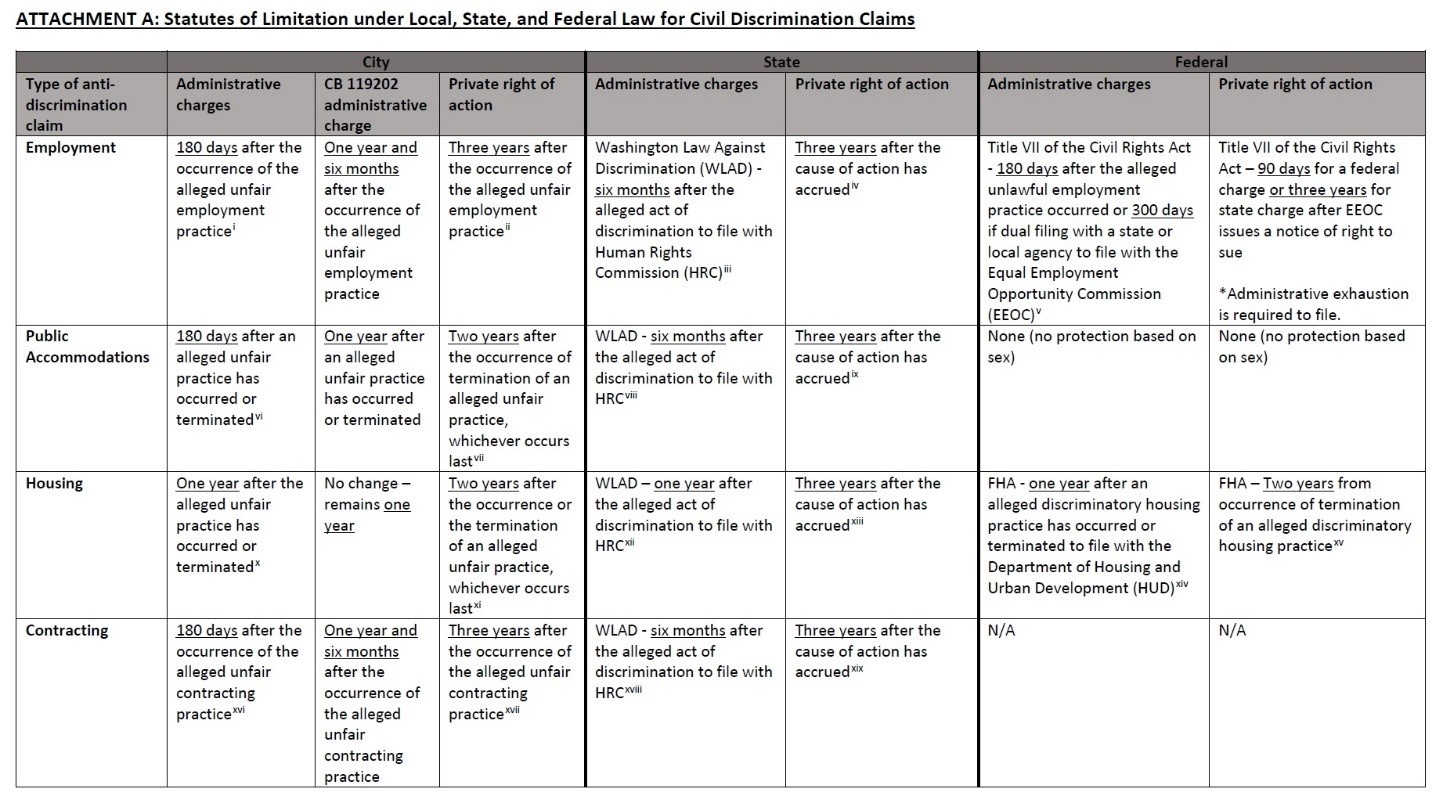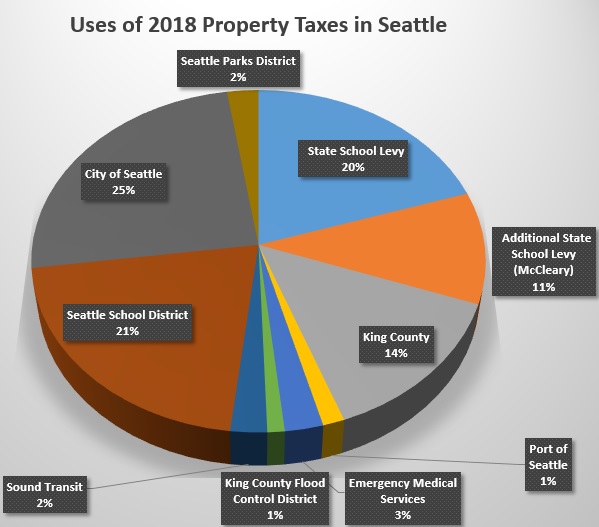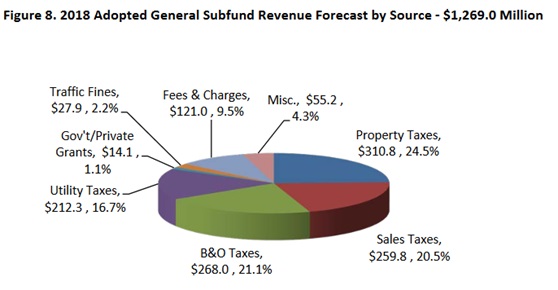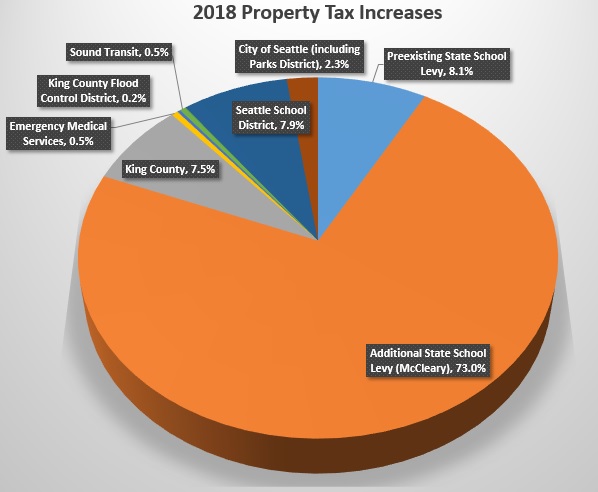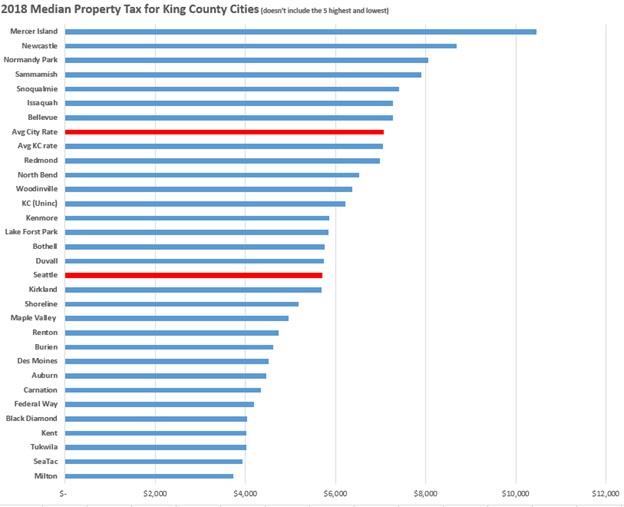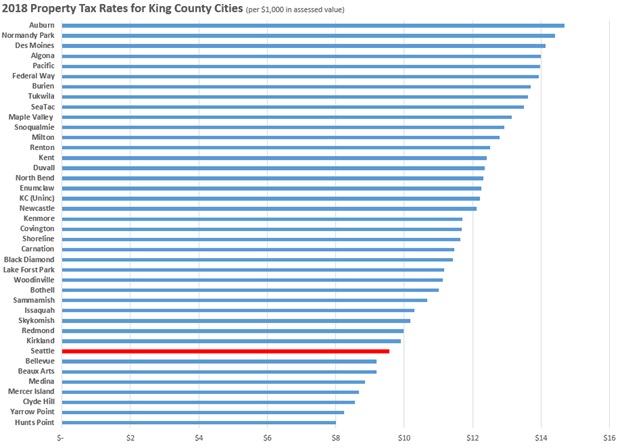Reminder: March 5 Deadline for ST3 Early Scoping Comments
Monday, March 5 is the deadline for submitting comments to Sound Transit as part of the ST3 scoping process for light rail from Downtown to West Seattle.
You can submit comments at Sound Transit’s online open house; here’s a link to the “Alternatives” page, where you can insert comments onto a map, and see other people’s comments.
Here’s background on how Sound Transit will develop a preferred alternative, and their schedule.
Moving Forward Our Work to Address Sexual Harassment
Earlier this year I shared the letter I wrote to Mayor Durkan thanking her for her leadership on sexual harassment issues and outlining a number of actions including asking for her to collaborate on an employee climate survey, requesting a human resource review and to work together to explore human resource innovation in sexual harassment trainings.
I also outlined my intention to move forward on a bill to extend the statute of limitations on sexual harassment claims brought to the Seattle Office of Civil Rights (SOCR). We had our first discussion of the bill in the Civil Rights, Utilities, Economic Development and Arts Committee on Tuesday February 27th.
Council Bill (CB) 119202 includes three proposed changes to the Seattle Municipal Code (SMC); (1) extending the statutes of limitation (SOL) for administrative charges enforced by the SOCR, (2) defining the term sexual harassment within the statute, and (3) specifying that the definition of discrimination includes sexual harassment.
- Extending the statute of limitations
Though this is not currently defined in the law, sexual harassment is a form of discrimination that is based on sex. SOCR enforces SMC provisions against discrimination based on sex in the areas of employment, public accommodations, housing and contracting. The statues of limitations for filing a discrimination claim varies depending upon to which of these four areas the claim pertains. Currently the statute of limitations for employment, public accommodations, and contracting is 180 days. The statute of limitations for housing is currently one year.
This bill would extend the SOL for employment and contracting to one and a half years and would extend the SOL for public accommodations to one year. The current SOL for housing would remain unchanged.
There are several different avenues available to people who want to move forward with filing a sexual harassment claim; they can pursue administrative and/or judicial recourse depending on the type of claim they want to move forward with. Claims filed with the Office of Civil Rights are administrative claims.
In considering how long to extend these statute of limitations, my staff and I consulted with the Office of Civil Rights, Council Central Staff, community-based organization such as the Coalition Ending Gender-Based Violence, and we are currently in contact with the Silence Breakers. Through this engagement, it became clear that it is important to allow people experiencing sexual harassment as much time as possible to file claims while not prohibiting their ability to peruse a private right of action. As such we have extended the SOL in each of the four areas of discrimination to half that of the current private rights of action.
For visual breakdown of the SOL for various jurisdictions and the impact of this bill, please see the chart below.
- Defining Sexual Harassment
Many different types of actions are forms of sexual harassment. Currently, the SMC does not define sexual harassment. My goal in including a definition of sexual harassment in the statute was intended to help provide support and clarity for people experiencing this form of discrimination. We know that one of the reasons people don’t come forward is that they may not know that the experiences they are having ARE sexual harassment and even when people are aware that they are experiencing sexual harassment they often don’t know what avenues of recourse are available to them.
The Council Central Staff memo outlines several potential unintended consequences related to defining sexual harassment within the bill. Neither federal, state nor city statutes have a definition of sexual harassment. In lieu of a definition codified in law, state and federal agencies have administratively named the kind of actions that, when taken against another, constitute sexual harassment. This has allowed the courts to develop a body of case law about sexual harassment. There is concern that creating a static definition in the Seattle Municipal Code could set a standard that is unnecessarily narrow and not consistent with the current caselaw.
After hearing these concerns, I am considering an amendment to remove the definition of sexual harassment from this bill in favor of addressing this issue via the director’s rules.
- Adding sexual harassment to the definition of discrimination
As mentioned earlier, sexual harassment is currently enforced under the part of the Seattle Municipal Code addressing discrimination. Nevertheless, that part of the law not only doesn’t define sexual harassment (see above), it doesn’t even include the words “sexual harassment.”
This item would simply include the term “sexual harassment” within the definition of discrimination in the employment, public accommodations, housing, and contracting section of the SMC. My hope is that adding the term “sexual harassment” to the definition of discrimination will help to further clarify that sexual harassment is a form of discrimination. This item does not create a new category of discrimination but rather helps to explain that sexual harassment is already a form of discrimination based on a protected class.
We are currently engaging in additional outreach to the Seattle Women’s Commission, the Seattle Human Rights Commission, the Seattle LGBTQ Commission, the Seattle Commission on People with Disabilities and the Seattle Silence Breakers. Following this engagement, this bill will come to a future Civil Rights, Utilities, Economic Development and Arts Committee meeting for a vote.
Where do your property taxes go? Why are they increasing in 2018?
Property taxes have been in the news recently, and for good reason. King County Assessor Wilson announced earlier this year that property taxes are increasing 16.9% on average in King County in 2018. The increase in Seattle will also be 16.9%, or $825 for the average home. How is this happening?
The short answer is that 81% of the increase, or $669 for the average Seattle homeowner, comes from increased state funding for education adopted in 2017 by the State Legislature. The funding was approved in response to the 2012 State Supreme Court McLeary decision, which held that the state did not adequately fund education. As a result, state property taxes for education increased by 62% from 2017 to 2018.
Below is a primer on property taxes, with charts showing what property taxes fund, details about the sources of the 2018 increase, and how Seattle property taxes compares to other local cities.
Property taxes are set by multiplying the assessed value by the property tax rate. The Seattle rate for 2018 is 9.56207 per $1,000 in assessed value.
Here’s where your property taxes go; only 25% go to the City of Seattle:
Property taxes form 24.5% of Seattle’s General Fund, as shown in the chart below from the City’s 2018 Adopted Budget:
Here’s where the 2018 increases come from:
Several of the increases are related to voter-approved measures. 4.7% of the King County 7.5% increase comes from the 2017 Veterans, Families and Seniors levy. The increase for the School District comes from the 3-year funding measure passed in 2016, which included $229 million in funding in 2017, and $250 million in 2018. The Emergency Medical Services levy was passed in 2013; the most recent Sound Transit measure was passed in 2016.
So how does Seattle compare to other cities in King County? Below is a chart showing the median property tax bill in King County. Seattle’s average rate of $5,709 is $1,359 lower than the average King County city property tax of $7,068:
Another way of looking at property taxes is the rate per $1,000 of assessed value. For each $1,000 of value, Seattle’s property tax rate is $9.56. Among King County’s 39 cities, only Bellevue, Mercer Island and 5 other small Eastside communities have a lower rate than Seattle:
The 2018 increase for an individual home depends on the increase in the assessed value as determined by the King County Assessor. The median assessed home value in Seattle increased 13% from $528,000 in 2017 to $597,000 in 2018. Depending how much a home increased in value, the increase may be lower or higher than 16.9%.
The King County Assessor has webpages about how they assess the value of residential properties; exemptions for senior citizens and disabled persons, and legal limitations on property taxes.
The Municipal Research Service Center has a primer on how the Property Tax in Washington State work.
I co-sponsored legislation last year to tax high incomes in Seattle. One of the uses for potential revenues is “(1) lowering the property tax burden and the impact of other regressive taxes.”
The City’s 2018 State Legislative Agenda states support for “comprehensive tax reform that leads to a more equitable and progressive tax structure and decreases reliance on flat tax sources like sale and property tax.” I worked with County Assessor Wilson to include a provision in Seattle’s 2018 State Legislative agenda in support of an exemption “to promote increased participation by seniors and disabled veterans through a simplified application process and eligibility criteria tied to varying property tax values across the state.”
Note: the 2018 Median Property Tax Bill chart omits the 5 highest and lowest figures, as high figures for the Eastside points communities skew the chart (Hunts Point is over $27,000); if you’re interested you can view a complete chart of King County cities that goes up to $30,000 here).
February constituent e-mails
Constituent correspondence is a really important task in my office. My staff and I spend time every day helping you improve your community, whether that’s through getting you help from a city department with our constituent case management services or giving you information about legislation that the Council is considering. The unshaded categories and numbers are problem-solving emails answered in February, what I refer to above as “case management services.” The shaded categories and numbers are emails answered in February related to policy or legislation the Council is considering.
| Category | # of Emails Responded |
| Transportation Issues | 38 |
| Public Safety | 7 |
| Human Services & Homelessness | 9 |
| Information Technology | 2 |
| Public Utilities (electricity, water, sewer, recycling, garbage) | 16 |
| Labor & Economic Development | 4 |
| Parks & Recreation | 5 |
| Civil Rights | 5 |
| City Finances & Taxes | 22 |
| Planning & Development | 27 |
| Mandatory Housing Affordability legislation | 5 |
| Housing and Neighborhood Issues | 3 |
| Progressive Revenue Task Force | 11 |
| “Hostile Architecture” | 52 |
| Education (Sweetened Beverage Tax) | 5 |
| Building a Bridge for Housing for All Funding | 234 |
| Total | 451 |



